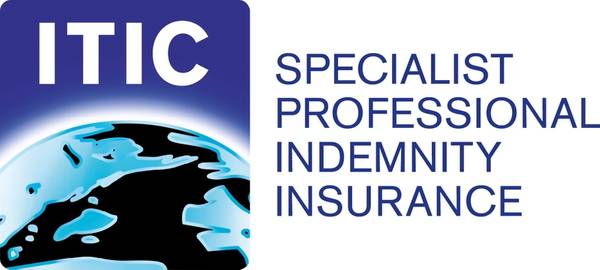
International Transport Intermediaries Club (ITIC) has emphasised how avoidable errors can prove expensive for ship agents.
In the latest issue of its Claims Review, ITIC recounts how a ship agent at a tidal port in Japan was asked to provide a tide table to enable the owner of a ship to calculate the permissible drafts for the dates that its ship was due to berth at the port. The ship agent duly scanned the tide table and sent it electronically to the owner. The ship arrived at the port with a draft of 8.56 m, but was informed by the port authorities that the permissible draft was only 7.8 m.
It emerged that the agent had inadvertently sent the owner the tide table for 2012 instead of 2011. The two tide tables were kept together in the same file and, during the scanning process, the corner of the tide table had folded over, thereby obscuring the year. The excess draft meant that the ship could only discharge for about four hours in the morning and two hours in the afternoon. The ship had to shift anchorage three times during the four days it took to discharge, which was twice as long as it should have taken.
The owner claimed the pilotage and towage costs involved in shifting to the anchorage three times, plus two days’ hire, additional bunker consumption, and additional stevedoring, for a total of $143,000. It was agreed by the owner that some of the costs would have been incurred in any event, and the claim for additional costs was settled at $120,000.
In another case reported by ITIC, shipowners appointed a port agent for a bunker call by their vessel. The agent failed to complete the required customs formalities in time to book the berth, a mistake which went unnoticed until the vessel was approaching the port. After being notified by the agent of the mistake, the shipowner decided to divert the vessel to another port around 500 km north of the original port as the bunker berth at the first port was not due to become free for another five days. The ship agent also operated within the second port and the bunkering proceeded without incident.
When the time came to settle invoices totalling $26,000 from the various service providers in the second port, the owners refused to pay, claiming that these additional costs had been incurred as a result of not being able to call at the original port. The costs were in fact the normal charges relating to bunker calls, such as tugs, security charges and pilotage, and would have been payable by the owners in any event, even if the vessel had been able to call at the original port. However, the vessel had been delayed by two days and it had incurred estimated costs that exceeded this amount for fuel and other services, as a result of having to travel 500 km to the second port.
Rather than enter into a dispute with the owners, the ship agent paid the port costs for the bunker call, and was reimbursed by ITIC.




